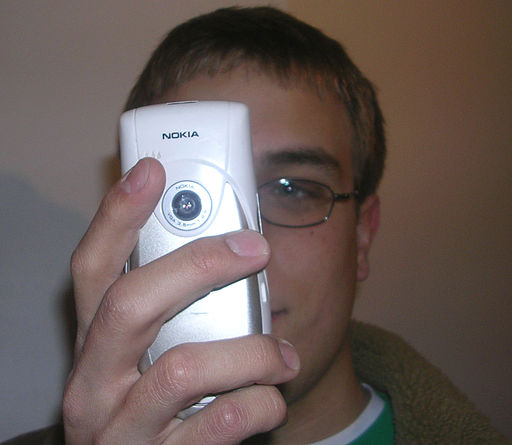Update 20140620
“… Friday, February 22, 2013
Password protect your phone if you care about your privacy: What R v Fearon means
The portions of the twitterverse that I follow were abuzz yesterday with posts about how, in Canada, the police can search your cell phone without a warrant unless it is password protected following the release of the Ontario Court of Appeal decision in R. v. Fearon, 2013 ONCA 106.
[…]
So what does this case really mean?
Police cannot just search your cell phone if they want to. It has to be a search incident to arrest.
If you are legitimately arrested AND the phone is likely to contain relevant evidence AND it is unlocked, they can do a cursory search.
So what should everyone do, regardless of this case? If you have personal information on your [smart/dumb/feature/other] phone, put a password on it. Your phone is more likely to fall into the hands of the owner of the taxicab you left it in than the police (hopefully), but you never want sensitive personal information in the hands of ANYONE. Put a password on it and use the feature that puts your “If found, contact …” on the lock screen. ….”
Via/thanks to/from The Canadian Privacy Law Blog is licensed under a
Creative Commons Attribution-Noncommercial-No Derivative Works 2.5 Canada License.
—- end Update 20140620 —
Via/thanks to/from The Canadian Privacy Law Blog
“…Thursday, August 23, 2012 Photographing and filming police officers in Canada
The Ottawa Citizen [had] a very good editorial on the practice of police intimidation of citizens who use their cellphone cameras and other devices to record the police.
Here’s a summary of what Canadians should know about this:
- There is no law in Canada that prevents a member of the public from taking photographs or video in a public place (other than some limitations related to sensitive defense installations);
- There is no law in Canada that prevents a member of the public from taking photographs or video of a police officer executing his or her duties in public or in a location lawfully controlled by the photographer (in fact, police officers have no privacy rights in public when executing their duties);
- Preventing a person from taking photos or video is a prima facie infrigement of a person’s Charter rights;
- You cannot interfere with a police officer’s lawful execution of his or her duties, but taking photos or videos does not, in and of itself, constitute interference;
- A police officer cannot take your phone or camera simply for recording him or her, as long as you were not obstructing;
- These privileges are not reserved to media — everyone has these rights;
- A police officer cannot make you unlock your phone to show him or her your images; and
- A police officer cannot make you delete any photos. …”
“… [W]hat should you do when a police officer (or, for that matter, a self-important security guard, pompous park warden, officious bylaw officer or any other badge-carrying public servant) tells you to stop taking pictures?…”
Freedom to photograph under threat (Opinion: Toronto Star)
Police have no right to arrest anyone for the simple act of taking a picture — but they do.
By: William Kowalski Published on Sun Jul 28 2013
[excerpt] “…In any society where the police, military or government hold inordinate power over the people, there are restrictions on the right to take and publish photographs, especially when those pictures prove embarrassing or incriminating to those in charge. One sure measure of a society’s freedom is how its leaders react to such images. If the photographers go unpunished, that society is probably a relatively free one. If they go to jail, it definitely isn’t.
The situation in Canada has reached the point where it needs to be said loudly and clearly: there is no law against public photography in Canada; no one here can ever be arrested for the simple act of making a picture or film, unless other laws are being broken in the process; and police officers who are in uniform and executing their duties in public have no reasonable expectation of privacy…”
William Kowalski is a member of the PEN Canada National Affairs Committee. @PENCanada
Photo via/from/thanks to Wikimedia Commons, the free media repository



